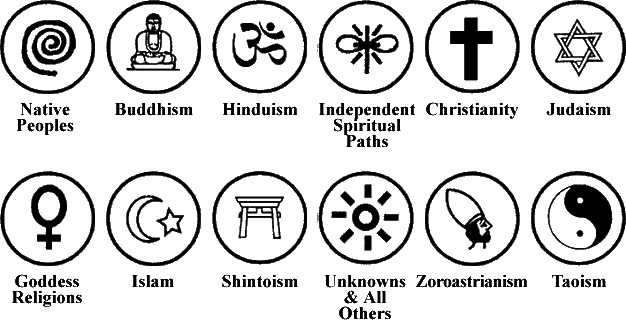We all have a certain degree of admiration for those forward-thinkers who were ahead of their time or for those free-spirited individuals who had the courage, the will and the foresight to speak out their minds despite risking being labelled as non-conformists and cast to the outer fringes of society.
Well, truth be told, that is never a real threat for free thinkers. Actually, that is where they belong and makes them what they are. Free-thinkers breathe and thrive at the margins of society where structure and chaos cross at the borderline. If you want to be a free thinker, embrace chaos, novelty, disruptive change and non-conformity. Free-thinkers live on the brink of social breakdown. They live on the edge, away from the anesthesia of normalcy and institutionalized control.
They are not held captive by the rigid walls of the dominating worldview. They do not fear change, poverty or conspiracy. If you want to free your thinking and become an agent of change and novelty, there are a few things you need to recognize and understand.
1) Creativity is your natural birth right
We stereotype creative thinkers as artists or bohemians who are different than the rest of us. Well that is plainly false. We are all endowed with the gift of creativity.

Education, or rather schooling, has successfully stripped us from that natural disposition. It has moulded us into mechanistic and reductionistic images of humanity – into cogs in the wheel. The schooling system is designed to make people think within the same parameters – those laid down by the dominating view of society and culture.
Students are discouraged to deviate and think freely outside of those parameters. They just have to follow curricula which channels them to examinations, higher institutions and eventually become part of the workforce. Yet creative thinking is your natural birthright. They only taught you how to unlearn it without even noticing.
2) Beware Group thinking & Herd Morality
Group thinking is the silent enemy of free-thinking when we unconsciously follow the rhythm of the crowd. When the crowd shouts, we feel compelled to shout. When the crowd panics, we panic. Emotions, sentiments and ideas can be very contagious. So is thinking. It’s quite easy to follow the line of thought of your peers and those in authority. Yet as we become sedated with group thinking, we lose the power to claim the authenticity of our own mind. Continue reading

















